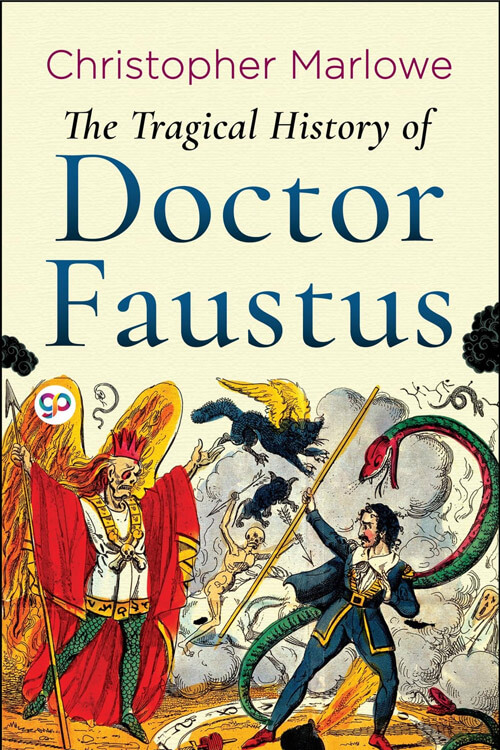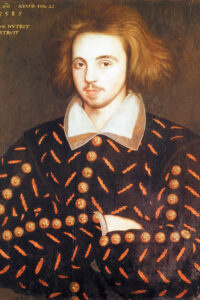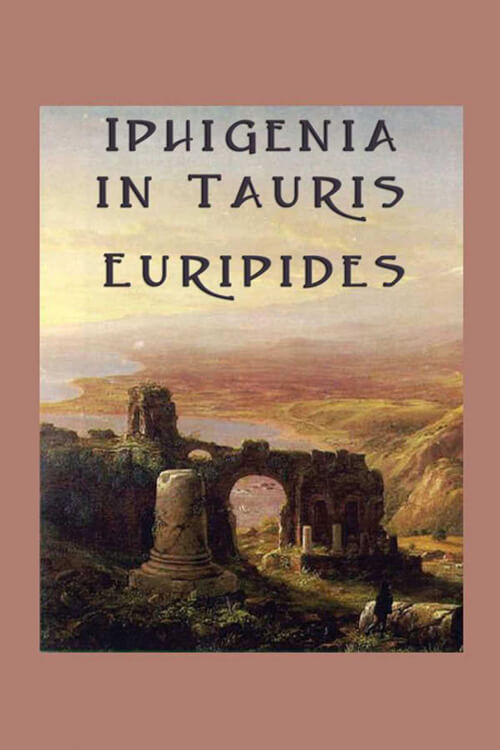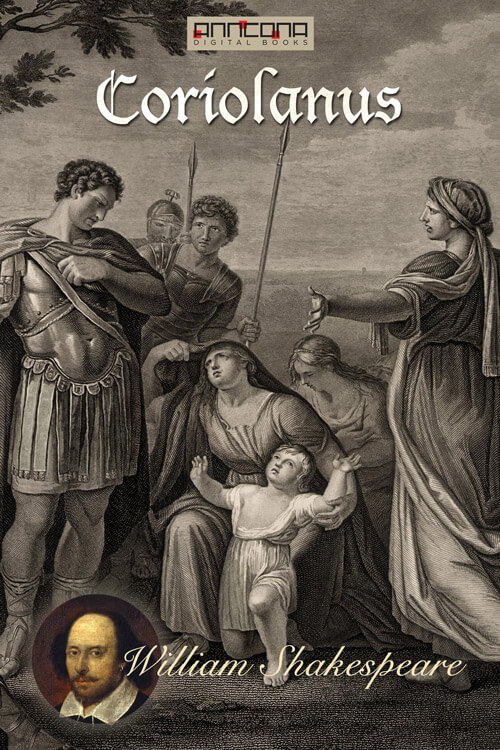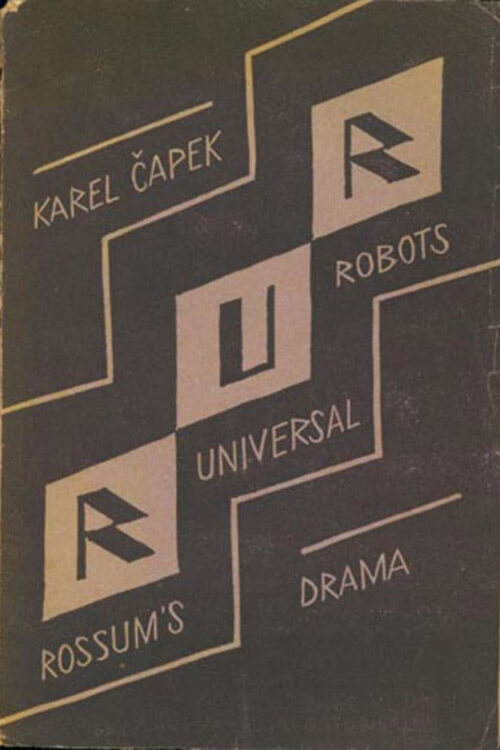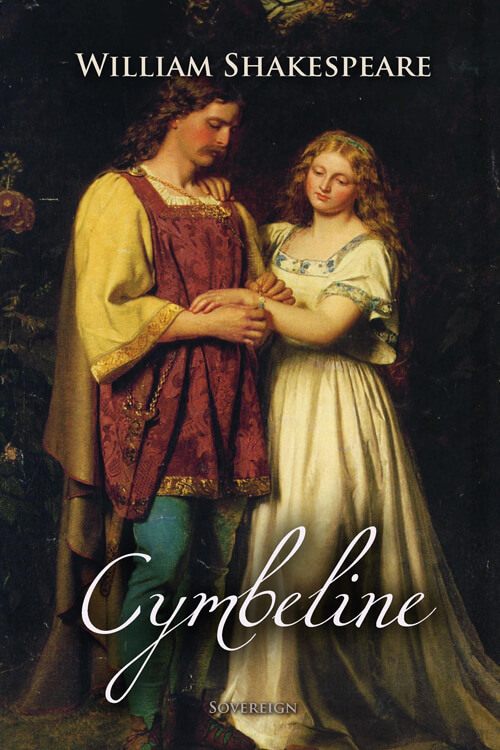
Dr. Faustus
I charge thee to return and change thy shape. Thou art too ugly to attend to me. Go, and return an old Franciscan friar. That holy shape becomes a devil’s best. [Exit MEPHISTOPHILIS.]
I see there’s virtue in my heavenly words. Who would not be proficient in this art? How pliant is this Mephistophilis, Full of obedience and humility! Such is the force of magic and my spells.
Re-enter MEPHISTOPHILIS like a Franciscan friar.
MEPHIST. Now, Faustus, what wouldst thou have me do?
FAUSTUS. I charge thee wait upon me whilst I live, To do whatever Faustus shall command, Be it to make the moon drop from her sphere, Or the ocean to overwhelm the world.
MEPHIST. I am a servant to great Lucifer, And may not follow thee without his leave: No more than he commands must we perform.
FAUSTUS. Did not he charge thee to appear to me?
MEPHIST. No, I came hither<32> of mine own accord.
FAUSTUS. Did not my conjuring speeches<33> raise thee? speak!
MEPHIST. That was the cause, but yet per accidens;<34> For, when we hear one rack the name of God, Abjure the Scriptures and his Saviour Christ, We fly, in hope to get his glorious soul; Nor will we come, unless he use such means Whereby he is in danger to be damn’d. Therefore the shortest cut for conjuring Is stoutly to abjure all godliness And pray devoutly to the prince of hell.
FAUSTUS. So Faustus hath Already done; and holds this principle, There is no chief but only Belzebub; To whom Faustus doth dedicate himself. This word “damnation” terrifies not me, For I confound hell in Elysium: My ghost be with the old…
Read or download Book
Christopher Marlowe
Christopher Marlowe, also known as Kit Marlowe (26 February 1564 – 30 May 1593), was an English playwright, poet and translator of the Elizabethan era.
Biography.
Marlowe is among the most famous of the Elizabethan playwrights. Based upon the “many imitations” of his play Tamburlaine, modern scholars consider him to have been the foremost dramatist in London in the years just before his mysterious early death. Some scholars also believe that he greatly influenced William Shakespeare, who was baptized in the same year as Marlowe and later succeeded him as the pre-eminent Elizabethan playwright. Marlowe was the first to achieve a critical reputation for his use of blank verse, which became the standard for the era. His plays are distinguished by their overreaching protagonists. Themes found within Marlowe’s literary works have been noted as humanistic with realistic emotions, which some scholars find difficult to reconcile with Marlowe’s “anti-intellectualism” and his catering to the prurient tastes of his Elizabethan audiences for generous displays of extreme physical violence, cruelty, and bloodshed.
Events in Marlowe’s life were sometimes as extreme as those found in his plays. Differing sensational reports of Marlowe’s death in 1593 abounded after the event and are contested by scholars today owing to a lack of good documentation. There have been many conjectures as to the nature and reason for his death, including a vicious bar-room fight, blasphemous libel against the church, homosexual intrigue, betrayal by another playwright, and espionage from the highest level: the Privy Council of Elizabeth I. An official coroner’s account of Marlowe’s death was discovered only in 1925, and it did little to persuade all scholars that it told the whole story, nor did it eliminate the uncertainties present in his biography.
Early life
Marlowe was christened at St George’s Church, Canterbury. The tower, shown here, is all that survived destruction during the Baedeker air raids of 1942.
Christopher Marlowe, the second of nine children, and oldest child after the death of his sister Mary in 1568, was born to Canterbury shoemaker John Marlowe and his wife Katherine, daughter of William Arthur of Dover. He was baptized at St George’s Church, Canterbury, on 26 February 1564 (1563 in the old style dates in use at the time, which placed the new year on 25 March). Marlowe’s birth was likely to have been a few days before, making him about two months older than William Shakespeare, who was baptized on 26 April 1564 in Stratford-upon-Avon.
By age 14, Marlowe was a pupil at The King’s School, Canterbury on a scholarship and two years later a student at Corpus Christi College, Cambridge, where he also studied through a scholarship with the expectation that he would become an Anglican clergyman. Instead, he received his Bachelor of Arts degree in 1584. Marlowe mastered Latin during his schooling, reading and translating the works of Ovid. In 1587, the university hesitated to award his Master of Arts degree because of a rumor that he intended to go to the English seminary at Reims in northern France, presumably to prepare for ordination as a Roman Catholic priest. If true, such an action on his part would have been a direct violation of the royal edict issued by Queen Elizabeth I in 1585 criminalizing any attempt by an English citizen to be ordained in the Roman Catholic Church.

